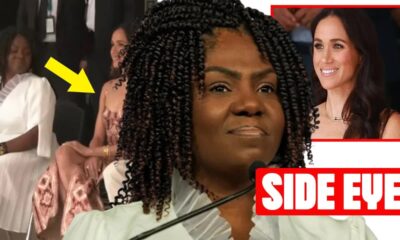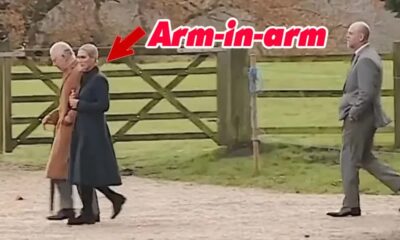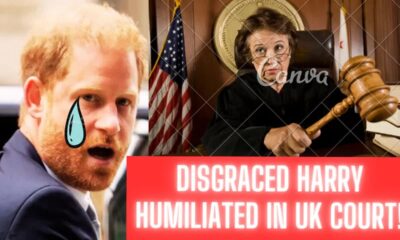All round
‘Fatty’ Arbuckle crushed an actress to death while raping her
Virginia Rappe had no idea it would be the last party of her life when she was invited to a Labor Day gala held by a millionaire cinema star at the St Francis Hotel in San Francisco in 1921.
After all of the illegally smuggled gin and whiskey had been consumed, the party’s host, Roscoe ‘Fatty’ Arbuckle, allegedly trapped Rappe in a private room at the hotel, crushed her with his full weight, and abused her, according to guests. Four days later, she died of a ruptured bladder.
Arbuckle was arrested in San Francisco for the rape and murder of aspiring actress Virginia Rappe, a silent-film star at the height of his career. Although he was later acquitted by a jury, the incident effectively ended his film career.
The prosecution against silent film’s slapstick king would be Hollywood’s first significant controversy.
“This was the guy who discovered Buster Keaton; who helped mentor Charlie Chaplin,” says Stuart Oderman, an Arbuckle biographer. “He had magical comic timing. He was one of the all-time greats.”
Trending:
- Meghan Markle Steals the Spotlight Again: A Royal Engagement Gone Awry
- “Harry and Meghan’s Tense Moment: A Marriage Under Scrutiny”
- Tension Unveiled: Frances Marquez’s Discontent with Meghan Markle in Colombia
- Elton John’s Scathing Remarks Leave Meghan Markle in Tears at Music Awards
- Meghan Markle’s On-Set Outburst: A Diva in Disguise?
Virginia Rappe’s tale is regarded to be the first Hollywood s** scandal, following widespread s**ual misconduct charges against some of America’s most famous men.
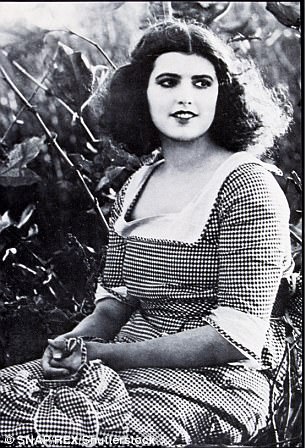
Roscoe Conkling Arbuckle was born in Smith Center, Kansas, on March 24, 1887. He began his career as a vaudeville comedian before landing roles in Mack Sennett’s Keystone Cops comedies in 1913. His comic pratfalls and pie-throwing became well-known.
Arbuckle established his own studio in 1917 and began producing and directing pictures, many of which starred his buddy and fellow comic Buster Keaton. The heavy-set actor secured a $1 million per year contract with Paramount Pictures in 1919, which was a huge sum at the time.
Arbuckle travelled to San Francisco with two male companions for a short vacation in early September 1921 and stayed at the St. Francis Hotel. Virginia Rappe was a guest at the party the men hosted in their suite.
Arbuckle and Rappe eventually ended up together in a bedroom, where her screams could be heard a few minutes later.
A friend of the slain girl, Mrs. Maude Delmont, decided to call the manager of the hotel where Arbuckle’s rooms were located due to cries emanating from the room.
What happened in the room is unknown, but Rappe’s manager reportedly claimed that Arbuckle used a chunk of ice to penetrate the young actress. Newspapers, on the other hand, claimed he put a bottle of Coca-Cola or champagne inside her.
Mrs. Delmont entered the room after Arbuckle exited, finding Miss Rappe hysterically lying on the bed.
According to a September 13, 1921 report in the Ludington Daily News, Delmont told the court, ‘I got angry and kicked the door ten or twelve times with my French heels as as hard as I could.’
Rappe was revived after several attempts, and a detective arrived on the scene shortly after.
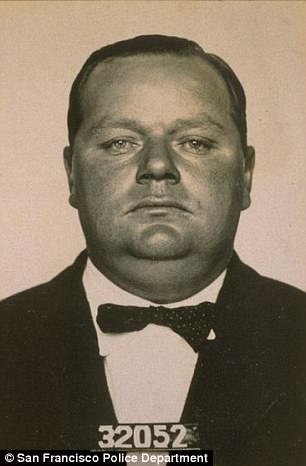
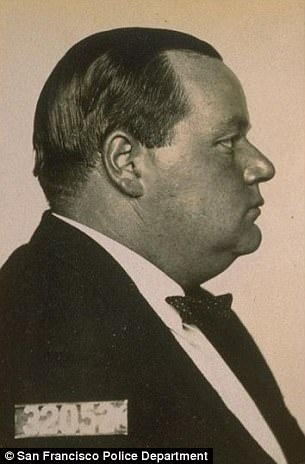
Arbuckle told them he went to the bathroom and saw Rappe in a drunk state on the floor, which was a story he stuck by.
Arbuckle stated that he had only taken her to the bed and that she had fallen off.
But then Rappe said the words that would bring the star down: “He did this to me.”
As Arbuckle left the party, guests assumed she was simply inebriated.
Miss Rappe did not resist when Arbuckle led her into the bedroom, witness said in response to a question. Miss Cumberland, a nurse, informed the Coroner that Miss Rappe had stated that she and Arbuckle had had s**ual relations.
Rappe, who was in her twenties at the time, died from peritonitis caused by a burst bladder a few days later. Another partygoer, Delmont, said Arbuckle raped Rappe and wounded her bladder.
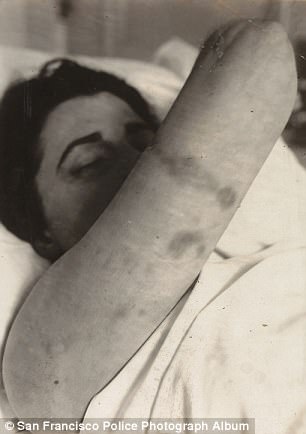
in the morgue
The arrest of Arbuckle by San Francisco police on September 11 sparked a tremendous scandal. Arbuckle maintained his innocence, but he was slandered in the press, and a public unaccustomed to Hollywood scandal boycotted his films.
Despite the fact that Delmont turned out to be a shady witness with her own criminal record, the politically ambitious San Francisco district attorney was determined to prosecute Arbuckle. Several other witnesses afterwards said that the prosecution pressured them into giving false testimony.
“This was the first scandal in Hollywood with box office implications,” says Cari Beauchamp, a film historian based in Los Angeles.
“Everyone had believed the stars were covered in fairy dust. Now that illusion was shattered and studio bosses were terrified it would destroy Hollywood itself.”
The sensationalist “yellow journalism” Press churned out lurid stories about Tinseltown’s depravity alongside coverage of the case, with no regard for prejudicing the trial.
After two mistrials, Arbuckle’s third trial ended with a not guilty verdict and an apology from the jury.
Despite this positive outcome, Arbuckle was briefly barred from the film industry in the United States. He made a comeback later, even directing a few films under the pseudonym William B. Goodrich, but his career never entirely recovered, and he battled alcoholism.
Arbuckle died of heart failure on June 29, 1933, in New York City, at the age of 46.



